If you have chemicals at your home or workplace, you have an obligation to yourself, your family, and work staff to store chemicals and dispose of them properly. Chemicals that are carcinogenic, corrosive, explosive, flammable, or just considered to be dangerous on some level should be stored in a secure area to reduce any risk of harm. And when it comes time to get rid of those chemicals, there are certain steps that must be followed for proper disposal.
Although it would be easy to simply dump chemicals you no longer want or need in a dumpster, it is not safe nor is it allowed. Here is an overview of how to properly store chemicals, and also dispose of them.
Why It Is Important To Separate Hazardous Chemicals From Regular Debris?
When you rent a dumpster for your home or place of business, you use it for standard trash and project waste. This trash and waste can be organic material or construction material from demolition. This can include regular household trash, bricks, drywall, pieces of board, and more. Some of these are materials are biodegradable while others are not. It is prohibited to put any item that can cause harm, such as chemicals in the trash or in a dumpster. The same is true for toxic materials that can seep into the ground and into aquifers that provide water.
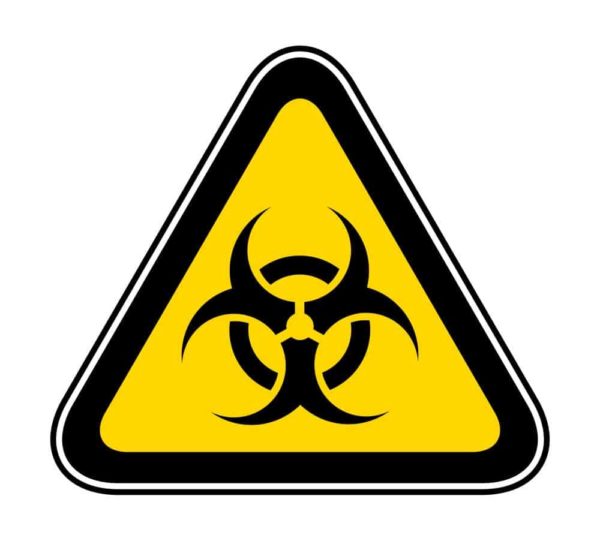
Overview Of Common Household Chemicals
There are certain chemicals that are found in most households, regardless of where you live. Some of these may not seem to be chemicals at all. For example, if you have deodorant, detergent, air freshener, or even hair conditioner, these are all examples of household chemicals. The more dangerous ones such as ammonia, bleach, disinfectants, and also drain cleaners are certainly in a different category. Disposal for these chemicals must be done in a way that will not harm the environment or any person that may inadvertently come into contact with them.
Common Chemicals Found At Places Of Business
Businesses may have similar chemicals to a household. This can include bleach, ammonia, drain cleaners, and disinfectants. However, many businesses, depending on their services or products, may have more caustic substances as well. This can include forms of acid, glue, paint, and materials that contain heavy metals. These metals may include aluminum, cadmium, lead, or mercury. If you have a garage, you likely have petroleum products, paint, and pesticides as well. All of these types of chemicals must be stored properly and disposed of in accordance with laws. This will ensure that there is no contamination where municipal solid waste is at.
How Do You Store Chemicals At Work Or At Home
If you have chemicals that you use in your home or business, it is important to store them in a way that reduces the risk of exposure. This means storing them in a place that is not accessible to just anyone such as a locked room or cabinet. They should be in an area that children cannot access. Below are a few helpful tips on how to store chemicals:
- Be sure to read the label of any chemical you have and follow the guidelines for storing them.
- Store chemicals in an area that is not easily accessible to everyone in your home or business.
- Limit the number of chemicals that you have onsite to decrease the risk of exposure.
- Be sure that the chemicals you are storing are labeled correctly. If the label begins to come off be sure to add a new label for safety.
- Never store chemicals in an area that receives direct sunlight or excessive heat, especially chemicals that are flammable. Also, be sure to check the temperature at which the chemicals should be stored i.e. room temperature etc for safety.
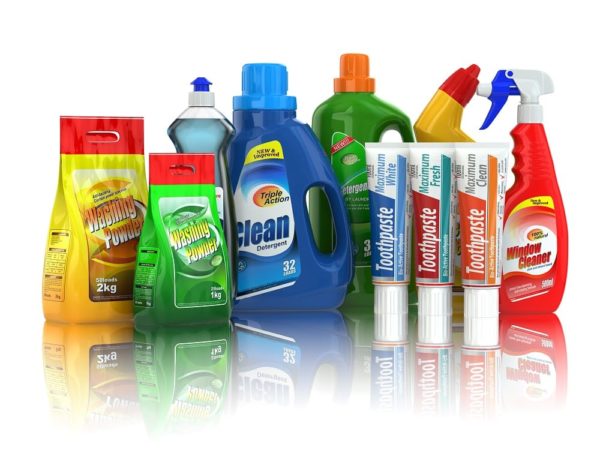
- Whichever room you store chemicals in should have proper ventilation in the case of a spill.
- Label the shelves and cabinets with the chemical type where you store them.
- Keep chemicals separate that are not compatible with each other. This is a safety measure in the case of a spill.
- Never store liquid chemicals above solid chemicals.
- Be sure to wipe containers down to keep them clean with no residue on the outside of the container.
- Chemicals that are corrosive should always be put on a spill tray.
- When you store chemicals, do not load the shelves down. If the shelf is too heavy it can collapse and cause chemicals to mix creating health hazards.
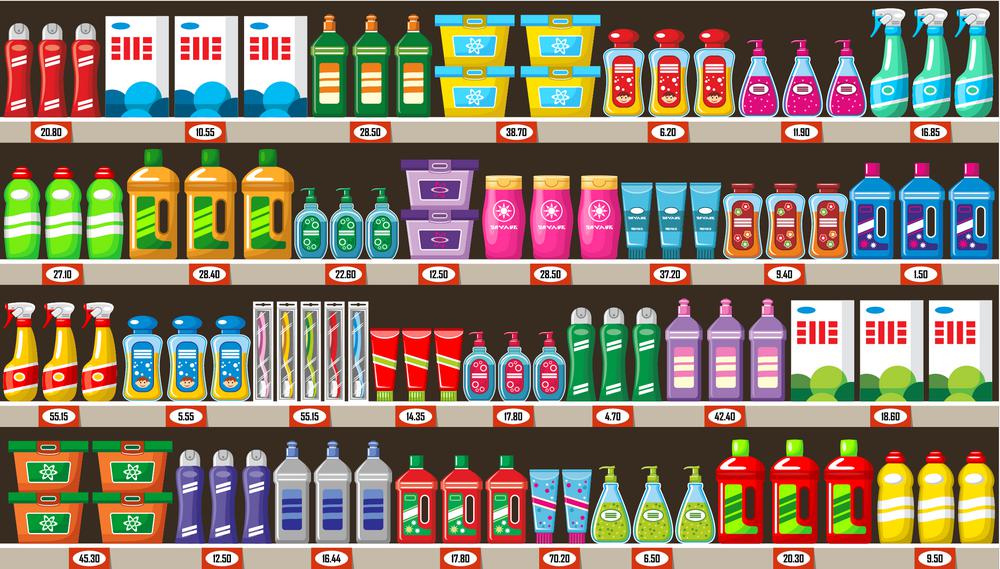
How To Dispose of Hazardous Chemicals
You should always dispose of hazardous chemicals in a way that is safe for the environment and people. If you have chemicals in your home or business you can look at the label to tell you if they are hazardous. Hazardous products will include with the words CAUTION, DANGEROUS, or WARNING. These products are labeled in this way because they contain chemicals that can be set on fire, explode, are corrosive to skin, or can cause serious injury and even death if they are absorbed, ingested, inhaled, or injected.
While it is extremely important to properly store chemicals, it is even more important to dispose of them properly. There are many places in Missouri that accept hazardous chemicals to be disposed of. One such organization is the Lee’s Summit Resource Recovery Park, which is managed by KC Dumpster Company. This facility accepts household hazardous waste but does not accept business hazardous waste. Below is a list of things that they accept:
- All types of automotive fluids
- Batteries
- Chemicals used in a pool or spa
- Fertilizers, herbicides, pesticides
- Fluorescent light bulbs
- Household cleaning products
- Paint products
- Thermostats and mercury thermometers
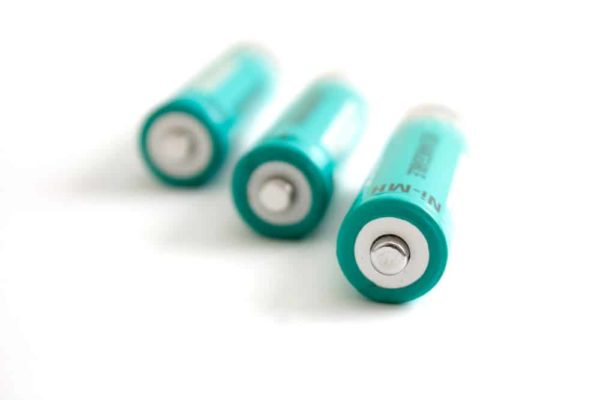
Another organization that accepts some chemicals for disposal is the Regional Household Hazardous Waste (HHW) Collection Program. They offer a safe way to dispose of chemicals and have mobile collections in the Kansas City Metropolitan area. This program accepts things such as antifreeze, batteries, paint, and oil.
Can I Put Hazardous Chemicals In A Dumpster?
Renting a dumpster is a fantastic resource to use for cleaning out your home or business or to use for projects and renovations. It makes these jobs simple when it comes to hauling off the waste. However, as a caution, you should NEVER put hazardous chemicals or waste in a roll-off dumpster. This could lead to environmental issues, cause a fire or explosion, and is illegal.
Do you have more questions? No problem. Contact your friends at The Lee’s Summit Resource Recovery Park for all your hazardous material questions and when you are ready to tackle your next big project, contact KC Dumpster Company for all your roll-off dumpster needs!
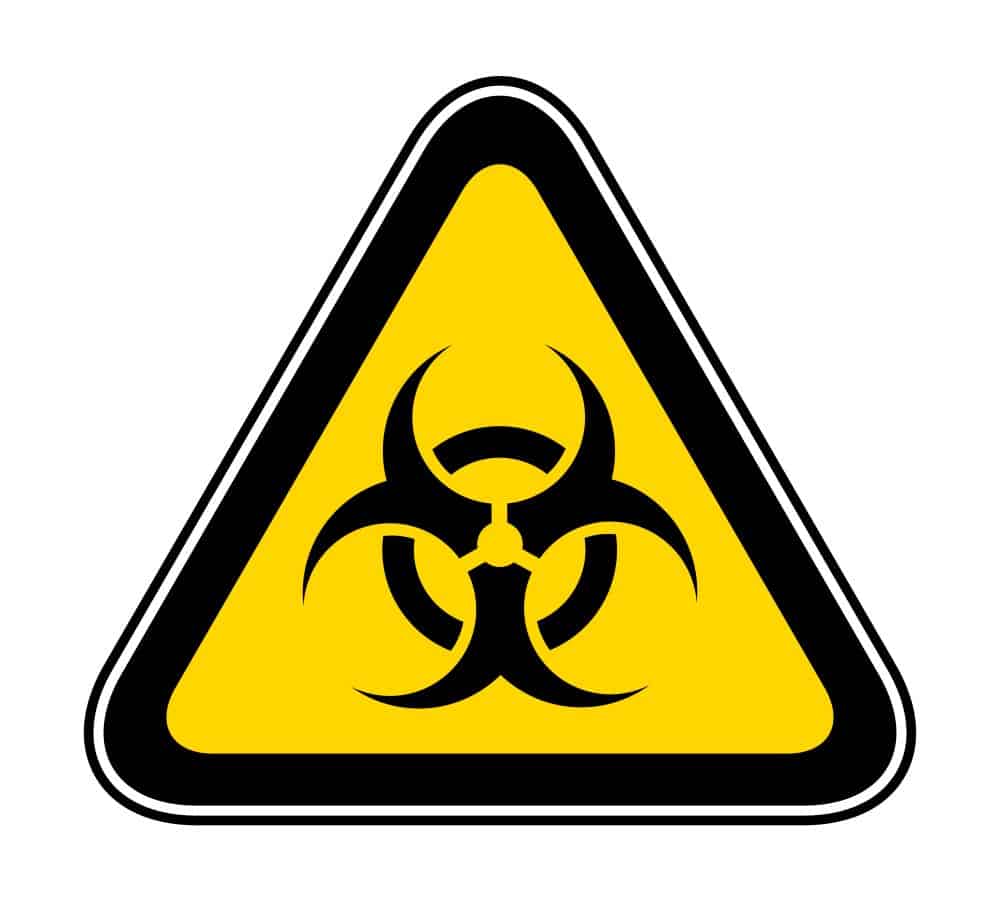
Leave A Comment